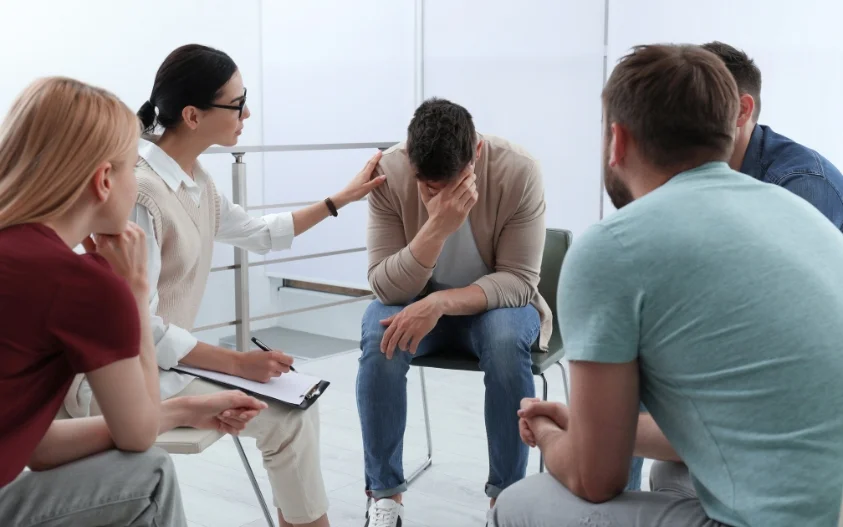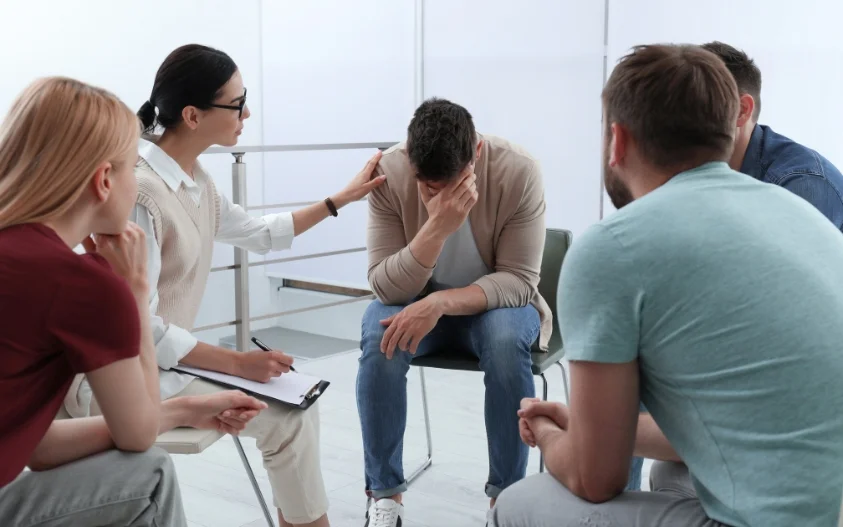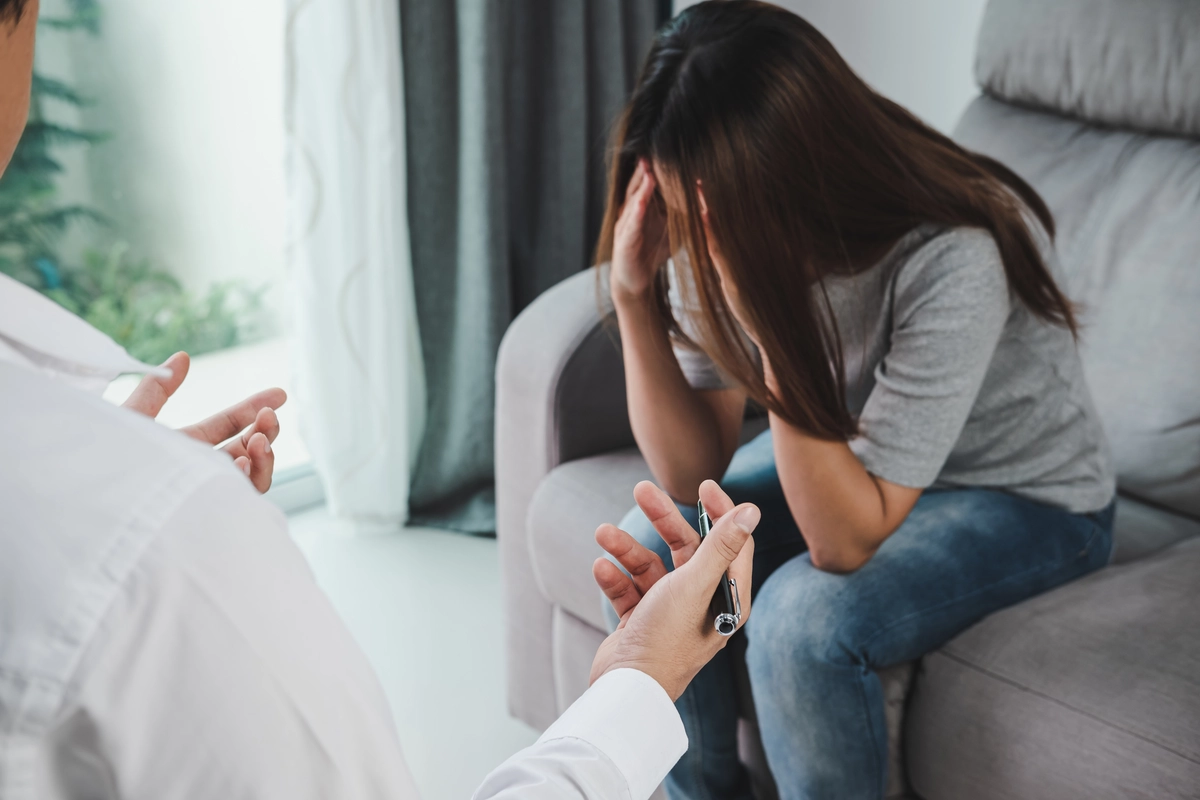24/7 Helpline:
(866) 899-221924/7 Helpline:
(866) 899-2219
Learn more about Opioid Rehab centers in Osceola County

Other Insurance Options

Sutter
Beacon

BHS | Behavioral Health Systems

Regence

United Health Care

Evernorth

Aetna

Group Health Incorporated

Absolute Total Care

UMR

Lucent

Multiplan

Covered California

Optima

Humana

BlueCross

Health Partners

PHCS Network

American Behavioral

Excellus

Catskill Regional Medical Center – Behavioral Health
Catskill Regional Medical Center – Behavioral Health is a private rehab located in Harris, New York....

















Compass Pointe
Compass Pointe offers outpatient services for individuals struggling with substance abuse addiction....






















